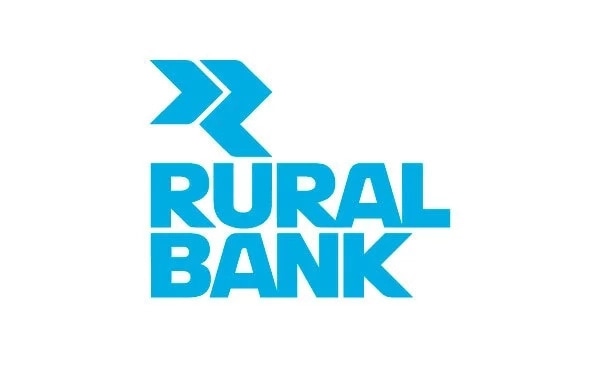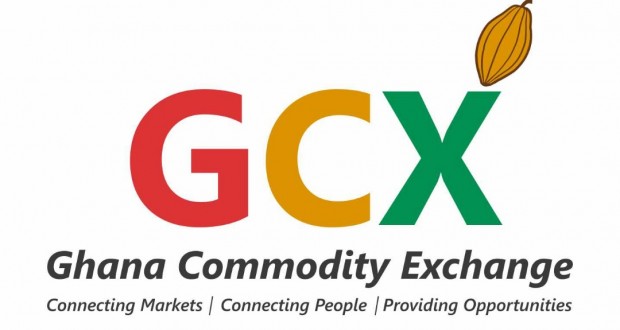
A decade ago I met a businessman who like me loves stand out ‘tie and pocket square’ combinations. Instead of inviting him out for the proverbial ‘catch up over a coffee’ or ‘bit to eat’ I invited him to go tie shopping and that’s where our relationship began. I’m quintessentially English and he is Afro-Caribbean so there was lots to learn from each other’s culture. I remember taking him to political events and wine tastings and he would joke with me that the gathering was a ‘white wash’ where every face was caucasian. He would take me to events and similarly the crowd was similarly monochrome and afterwards I would joke that the event was a ‘black out’. We had a lot of fun introducing each other to each other’s worlds and are still learning a lot.
Up until that point many of my closest relationships were with people who were ethnically similar to me however at this point I discovered the power of diversity. Diversity is not only about ethnicity it is about gender, age, faith and many other dimensions.
In 2015 UK FTSE 100 companies achieved a significant milestone. There are no more all male boards in FTSE 100 companies, they had all reached a voluntary target of 25% of women board members. Although there was a criticism that 260 or the 286 women on boards of FTSE 100 companies are non-executives involved in policy making decisions rather than executives who are involved in the day to day operations. There is now a discussion about whether a new target should be set of 33% of women board members at FTSE 350 firms by 2020.
Recently I was asked for my professional advice about the list of prospective candidates for an assessment panel. The list was a middle aged male ‘white wash’ so I was easily able to provide feedback with some suggestions of panel members who would increase diversity. I did not provide this feedback so the panel looked right although that is important, rather because I recognise that a diverse panel would be a better panel.
Professor Mark Granovetter a Psychologist from Stanford University in the US wrote what would become a famous academic paper called ‘The Strength of Weak Ties’. In the paper Granovetter explains that like attracts like, that we tend to build the strongest relationships with people like us. These homogenous relationships he described as strong ties or bonding relationships.
By contrast Granovetter wrote about relationships that we build with people unlike us. These heterogeneous relationships he described as weak ties or bridging relationships because they bridge us into new relationships and resources. He explained the strength of weak ties is that they connect you with people unlike you and so give you access to ideas, resources and networks that you wouldn’t otherwise have access to. Weak links transform your relational ecosystem because they transform its diversity.
A few years ago I was invited to speak at the ‘African Network’ of a well known global energy company. These special interest networks for faith, sexuality, gender, and ethnicity are now part of the furniture in corporate business because they encourage diversity by affirming people in bringing their whole selves to work. When Secretary of State for business Lord Mandelson said, ‘Organisations that truly engage and inspire their employees produce world class levels of innovation, productivity and performance.’
When people bring their whole self to work the workplace is a more diverse environment which welcomes different thinking, different relationships and different ideas. The fifth behaviour of highly effective relationship builders is to befriend people unlike you.
Author: Matt Bird is the creator of Relationology a unique approach to achieving business growth through the power of relationships. He is an international keynote speaker and author of Relationology 101.








